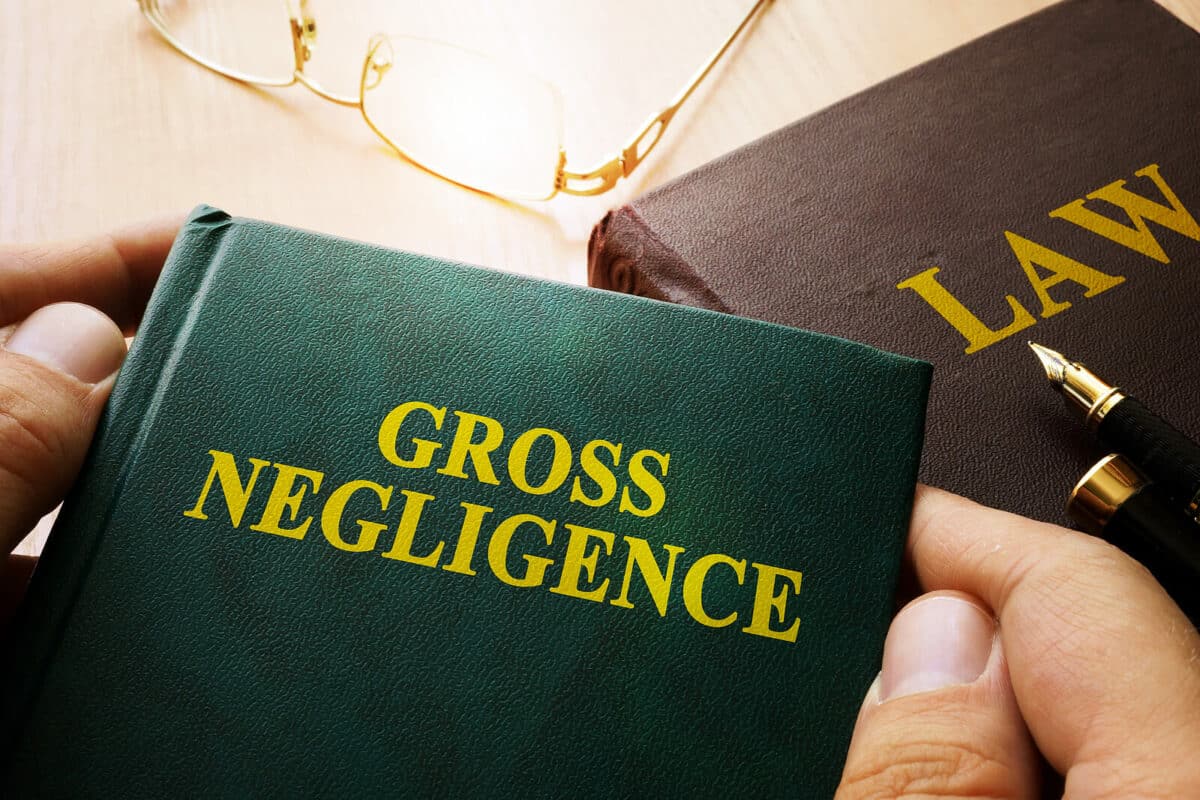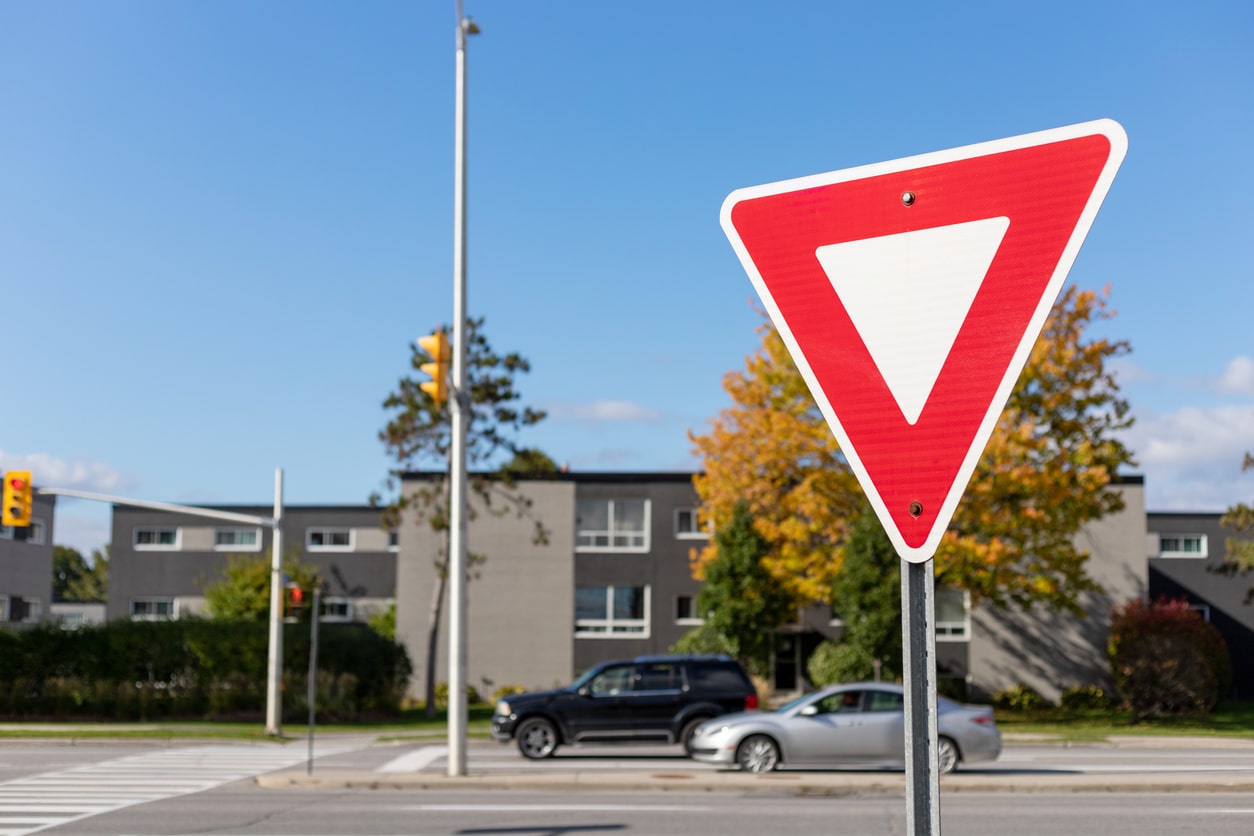
Gross Negligence
Gross negligence is an extreme form of carelessness or recklessness that goes beyond ordinary negligence, demonstrating a blatant disregard for the safety, health, or rights of others. Unlike ordinary negligence, which involves failing to exercise reasonable care, gross negligence indicates a more severe failure to act responsibly, often involving actions or omissions that a reasonable person would recognize as likely to cause significant harm. In personal injury cases, gross negligence can lead to enhanced compensation, including punitive damages, due to the egregious nature of the misconduct. At 770GoodLaw, we advocate for clients impacted by gross negligence, working to hold responsible parties accountable and pursue maximum compensation for their injuries.
Key Differences Between Ordinary and Gross Negligence
While both types of negligence involve a failure to meet a duty of care, gross negligence differs in its level of severity. Key distinctions include:
- Degree of Carelessness: Ordinary negligence involves a failure to take reasonable care, while gross negligence shows a flagrant disregard for the safety of others.
- Intentionality and Recklessness: Gross negligence may involve reckless actions or knowing disregard for risks, whereas ordinary negligence is often accidental or due to oversight.
- Legal Consequences: Courts may impose harsher penalties for gross negligence, including punitive damages, due to the severity of the behavior and its potential harm to others.
- Burden of Proof: Plaintiffs in gross negligence cases must demonstrate that the defendant’s actions went beyond simple carelessness, showing that their behavior was exceptionally reckless or indifferent.
Examples of Gross Negligence
Gross negligence can occur in various settings, especially when there is a duty to ensure safety and prevent harm. Common examples include:
-
Drunk Driving Accidents: Operating a vehicle under the influence of alcohol or drugs demonstrates a reckless disregard for others’ safety, as the driver knowingly engages in behavior that poses a high risk of harm.
-
Medical Malpractice: In cases where a healthcare provider’s actions show extreme negligence, such as leaving surgical tools inside a patient or failing to treat a critical condition, gross negligence may be claimed.
-
Product Manufacturing: If a company knowingly sells a defective product without addressing safety issues, it may be held grossly negligent if the defect causes significant harm.
-
Elder or Child Abuse in Care Facilities: Caregivers or facility staff who neglect basic care, ignore health needs, or knowingly allow dangerous conditions may be liable for gross negligence in cases of abuse or harm.
-
Construction and Workplace Safety Violations: Employers who disregard known safety hazards, fail to provide safety equipment, or ignore safety regulations can be considered grossly negligent if an employee is injured as a result.
Legal Consequences of Gross Negligence
The legal consequences of gross negligence are often more severe than those of ordinary negligence due to the heightened level of recklessness involved. Potential consequences include:
-
Increased Compensation: Plaintiffs may receive additional compensation for pain and suffering, medical costs, and lost wages due to the severe impact of gross negligence.
-
Punitive Damages: Courts may award punitive damages as a means to punish the defendant for egregious conduct and deter similar behavior in the future.
-
Reputational Damage: Defendants found grossly negligent may suffer reputational harm, impacting their ability to operate or maintain credibility, especially in cases involving companies or professionals.
-
Criminal Charges: In extreme cases, gross negligence can lead to criminal charges, particularly if the negligent behavior resulted in severe injury or loss of life.
Proving Gross Negligence in Personal Injury Cases
Proving gross negligence requires showing that the defendant’s actions went beyond typical carelessness and demonstrated an extreme disregard for others’ safety. Key elements include:
- Duty of Care: Establishing that the defendant had a duty of care toward the plaintiff, meaning they were obligated to act in a reasonably safe manner.
- Breach of Duty: Showing that the defendant breached this duty in a manner that was not merely careless but grossly negligent or reckless.
- Causation: Demonstrating that the defendant’s grossly negligent actions directly caused the plaintiff’s injuries or losses.
- Damages: Providing evidence of the harm suffered, including medical expenses, lost wages, and emotional distress, to quantify the plaintiff’s losses.
How 770GoodLaw Assists Clients in Gross Negligence Cases
At 770GoodLaw, we understand the serious nature of gross negligence cases and work to ensure our clients receive justice for the harm they have endured. Our approach includes:
- Gathering Strong Evidence: We collect evidence that demonstrates the defendant’s extreme recklessness, such as witness statements, documentation of safety violations, and expert testimony.
- Establishing the Severity of Negligence: Our team works to prove that the defendant’s actions went beyond ordinary carelessness, showing a complete disregard for the safety and well-being of others.
- Pursuing Maximum Compensation: We seek full compensation for our clients, including economic and non-economic damages, and, where applicable, punitive damages to address the seriousness of the misconduct.
- Representing Clients in Court: If necessary, we advocate for our clients in court, presenting a compelling case that highlights the defendant’s gross negligence and its impact on our clients’ lives.
Importance of Legal Representation in Gross Negligence Cases
Gross negligence cases require a thorough understanding of legal standards, evidentiary requirements, and strategies for proving reckless conduct. Skilled legal representation ensures that victims’ rights are upheld and that they receive fair compensation for their injuries. At 770GoodLaw, we provide dedicated support to clients dealing with gross negligence, helping them navigate the legal process and achieve justice.
Why Choose 770GoodLaw for Gross Negligence Claims
Our commitment to Relentless Reliability and Sincetegrity drives us to provide comprehensive, client-centered support in cases involving gross negligence. At 770GoodLaw, we work tirelessly to hold responsible parties accountable and secure maximum compensation for our clients.


